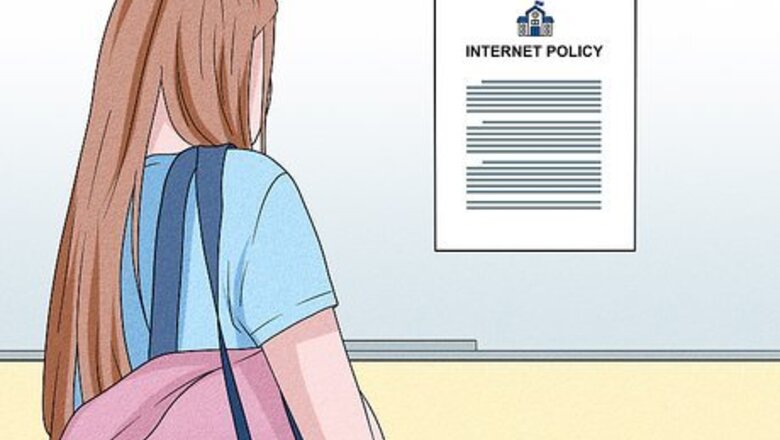
views
- Many schools block VPN services, so be aware of the consequences if you decide to use one.
- If you use a VPN your school won't be able to see what you're doing online, but they may be able to detect that you're on a VPN.
- Check with your school to see if you're able to use a VPN on your school computer before installing one.
Can I use a VPN on a school computer?
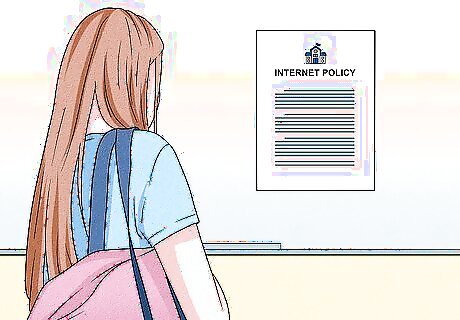
Check your school's internet policy to see if VPNs are allowed. Most schools do not allow VPNs or proxies to be used on their computers or on their networks. This may not be the case for every school, however. If you want to use a VPN on your school computer, make sure to check your school's internet policy. If you want to use a VPN on your school computer, understand that there is a risk of consequences from your school if you end up breaking their policies or rules. Most websites that are blocked are either inappropriate for school or could be distracting to students. Some of the most common websites that are blocked are social media sites like Facebook, Twitter, and TikTok, and media or streaming sites like Netflix, YouTube, and Spotify.
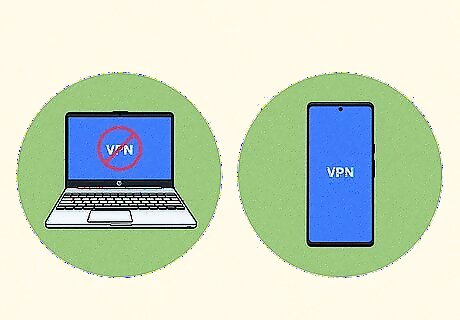
VPNs and proxy services might be blocked on your school's internet. Many schools have blocked access to VPNs and proxies in order to keep students on-task and to make sure they always know what is happening on their networks. However, some VPN services might not be blocked on your school's network. If you can't get a VPN on your school computer, using your phone as a mobile hotspot to connect to the internet is a possible workaround. You can do this with an iPhone or an Android.
How to Install a VPN
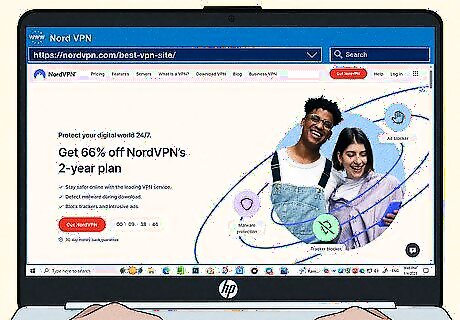
Select a VPN service. There are a lot of VPN services out there, so do your research on which VPN you want to use. NordVPN and ExpressVPN are two of the most popular services available.
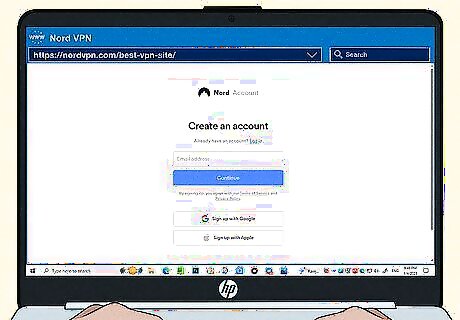
Create an account. You will need to sign up for the VPN service before you can use it. Some VPN services may let you start with a free trial or may even offer a free version, but if not you'll have to pay for the service too.
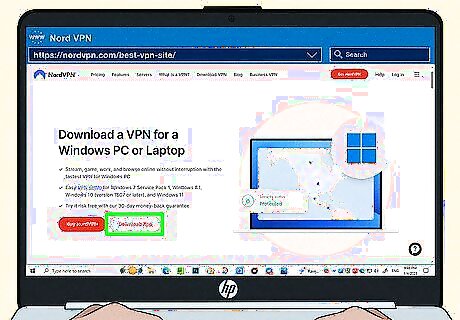
Download and install the VPN client. This will vary based on your chosen client, but most, if not all, VPNs will require you to download their client and install it on your computer. Some school computers may not let you install software if you don't have the administrative rights to do so, even if you can access the VPN website and download the installer.
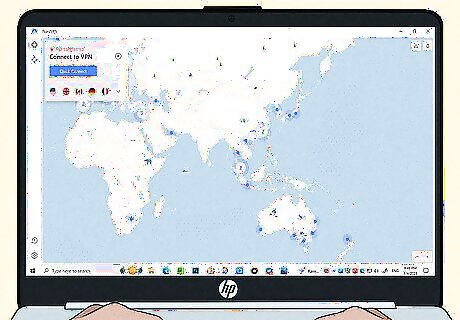
Configure the VPN client. Once the client is installed, you need to run it and sign in with your credentials. You will then need to select a server location, and there may be other settings you need to configure before you are set up.
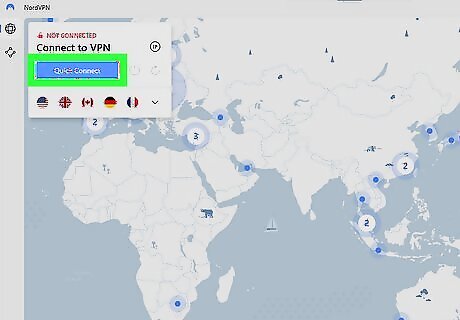
Connect to the VPN. Once your VPN client is configured, you can connect and browse freely.
Why Use a VPN on a School Computer
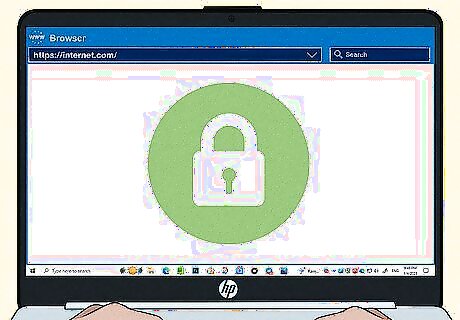
Privacy. One of the reasons most people use a VPN is to keep their internet usage private. A VPN encrypts your online presence, which makes it so outsiders cannot tell what you are doing online. While a VPN can keep your internet browsing private, your school may still be able to tell you are using a VPN by seeing what your IP address is. They won't be able to see what you are looking at online, but they will be able to see that you are using a VPN, so the fact that you are using a VPN won't be private.
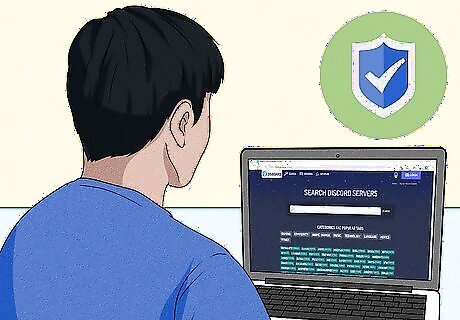
Safety. Because VPNs encrypt your internet presence, you can browse safely without worrying about hackers and targeted cyberattacks. This might be important if you're using your school computer on a public Wi-Fi network.
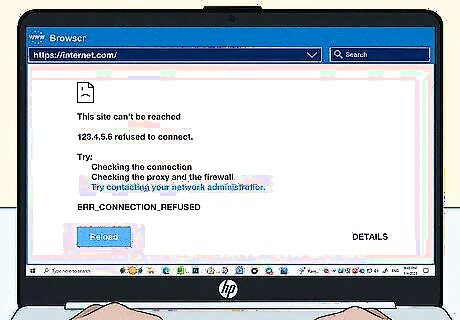
Accessing blocked websites. If your school has certain restrictions in place, a VPN would allow you to bypass these restrictions. However, remember that your school put these restrictions up for a reason, and using a VPN to access blocked websites could result in negative consequences.













Comments
0 comment